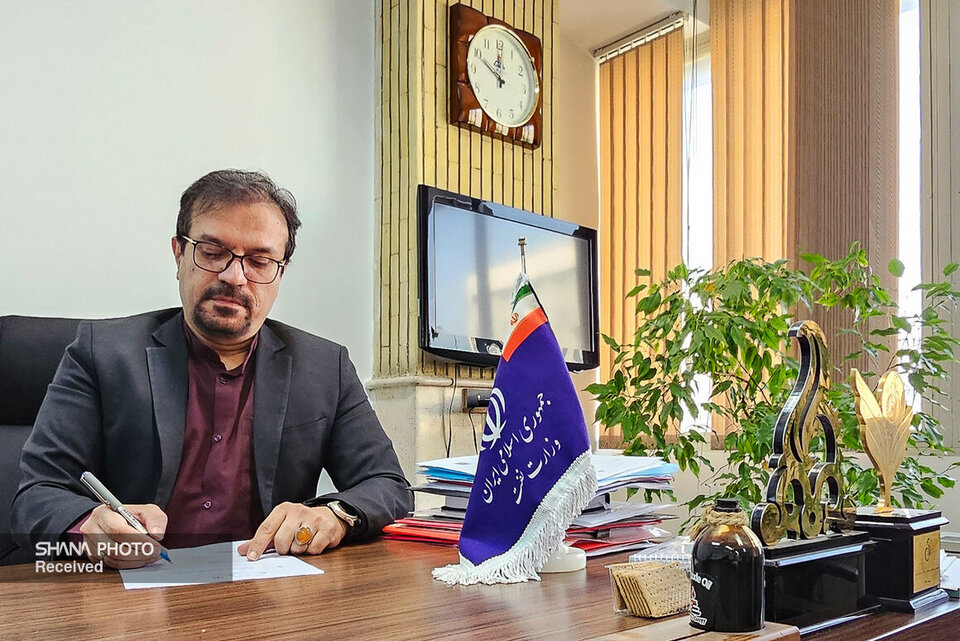Mehdi Ahmadkhanbeigi said the call aims to identify and attract local and innovative technologies that can address real challenges in oil and gas production — from enhancing recovery rates to digitalizing field operations. He noted that the initiative aligns with the policies of a resilient economy and seeks to promote self-sufficiency in energy technologies.
“This program serves as a bridge between the Ministry of Oil and the country’s scientific community to turn research ideas into operational projects in oil fields,” Ahmadkhanbeigi said. “It represents a paradigm shift from simply purchasing know-how to developing applied domestic knowledge.”
Focus areas, objectives
Ahmadkhanbeigi said the first phase of the program focuses on the upstream oil and gas sector — the core of hydrocarbon production — where innovation can have a multiplier effect throughout the industry. The call covers the localization and development of key technologies, enhancement of oil recovery rates, optimization and digitalization of operations, reduction of production costs, and commercialization of research outcomes.
Priority areas include enhanced and improved oil recovery technologies (EOR/IOR), intelligent and data-driven monitoring systems, and the development of advanced materials and equipment for reservoir and drilling applications.
He added that many of these technologies are interdisciplinary, and their results can also benefit downstream industries and the petrochemical sector. Similar calls are planned for other areas of the oil and gas industry.
Evaluation, participation
Ahmadkhanbeigi said one of the strengths of the initiative is its multi-stage evaluation structure, designed to ensure the practicality of submitted proposals. The selection process includes registration and preliminary classification, followed by technical and expert evaluations by specialized committees. Proposals will be assessed based on three main criteria: alignment with technological needs in oil fields, feasibility in operational environments, and potential value creation and competitive advantage.
To ensure successful implementation of selected projects, the ministry will provide comprehensive support packages. These include financial backing for development and pilot phases, funding for prototype production and field pilots, technical and engineering support, legal facilitation, and access to operational infrastructure.
Projects that demonstrate effectiveness in pilot phases will move toward commercialization in collaboration with affiliated companies and energy-sector investors.
Ahmadkhanbeigi said the ministry hopes to see strong and impactful participation before the deadline at the end of Mehr (October 22). “The focus is on quality and efficiency,” he said. “Selected projects should deliver tangible and practical results in the short and medium term.”
He invited qualified professionals, knowledge-based and technology companies, research centers, energy startups, and independent researchers to submit their proposals. “This is a valuable opportunity for innovation, problem-solving, and practical technology testing,” he said. Interested participants can submit proposals through the registration system at https://ioiv.ir.


Your Comment